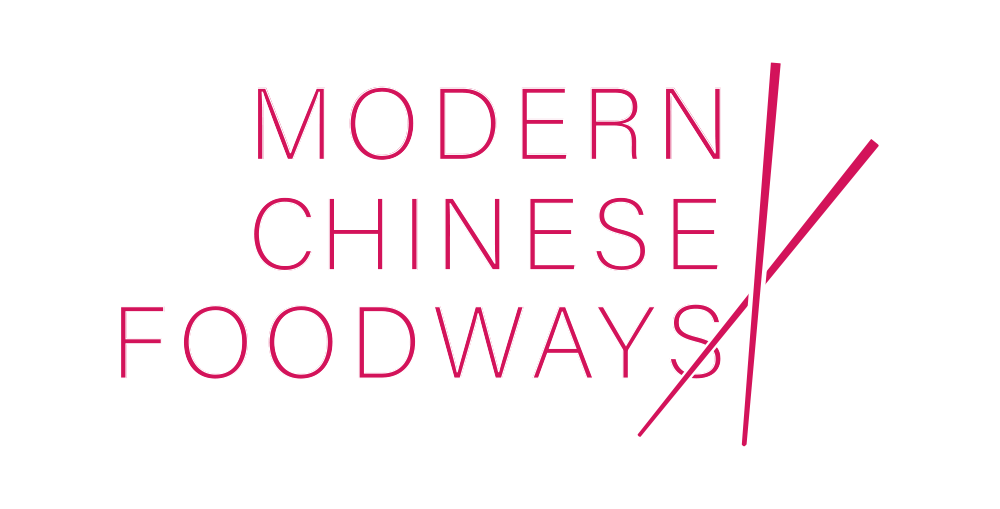ABSTRACT
In this paper by a Taiwanese American anthropologist, like his life-long friend since early childhood – the late Professor Chang Kuang-chi – Wu tells stories of his 80 years of eating “Chinese Food” at home and in “Chinese restaurants” around the world; from Beijing to Taipei, to Honolulu, to Port Moresby, to Singapore, to Jerusalem, and to all the major Australian, Chinese, Japanese, European, and U.S. cities. Wu argues that versions of imagined “traditional Chinese Cuisine” have been invented globally in diaspora Chinese communities of ethnic varieties; while restaurant owners and workers had all experienced amazing forces of colonialism, warfare, and across- the-ocean migration.
Focusing on Taiwan, the United States, and Japan, Wu presents his 50 years of “intimate ethnography” of what he defined the emerging “Pan-Chinese Cuisine” during the second half of the 20th Century. Wu disputes the American popular myth of the new restaurant food being authentic, high-class “Northern Chinese or Mandarin Cuisine,” which actually include century-old Chop-Suey dishes on the menu. Wu also presents his more recent field observations of Chinese restaurants in Japan that reveal transnational cultural and political meanings of modern Chinese Cuisines at the “Chuka Ryori” (中华料理) and Yamucha (Hong Kong style 饮茶) restaurants, and at local Japanese festivals. His study also investigates small and popular eateries of Ramen (拉面) and Gyoza (饺子)that have become global symbols of “Japanese comfort foods.
